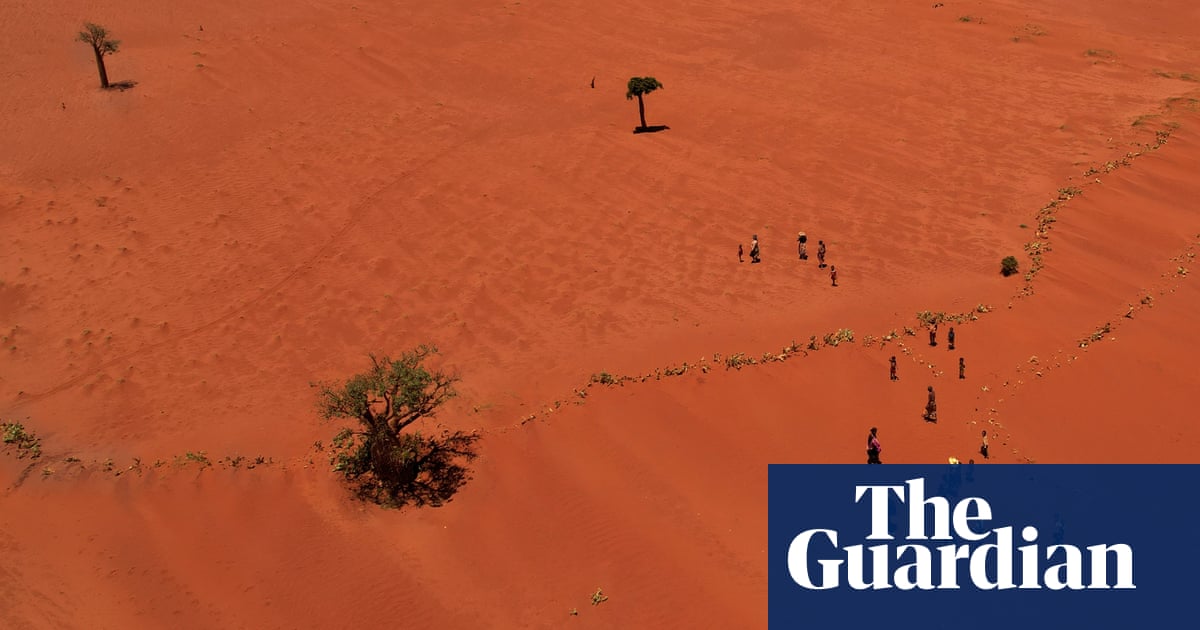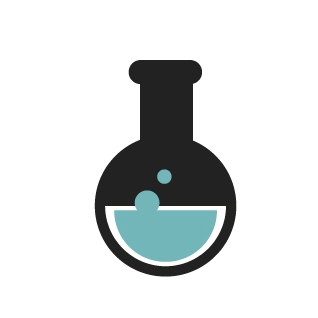Humanity is “on the precipice” of shattering Earth’s limits, and will suffer huge costs if we fail to act on biodiversity loss, experts warn. This week, world leaders meet in Cali, Colombia, for the Cop16 UN biodiversity conference to discuss action on the global crisis. As they prepare for negotiations, scientists and experts around the world have warned that the stakes are high, and there is “no time to waste”.
“We are already locked in for significant damage, and we’re heading in a direction that will see more,” says Tom Oliver, professor of applied ecology at the University of Reading. “I really worry that negative changes could be very rapid.”
Most of those limits have already been broken through and there is no political will to do anything but stamp on the accelerator and take humanity off the cliff at top speed.
Without any proof, I suspect this is what happened to Mars. We are the only planet left in or solar system with life, and we insist on trying to destroy it all.
Has there ever been life found on mars
Nope. Nor evidence of it haveing ever existed.
The above guess is no better then religion. Based on current evidence.
Not yet. Something happened to Mars early in its history that changed its environment but we still don’t have evidence that life had begun there to get wiped out. The biggest reason for me to think it didn’t happen is the history of the Sun and how that affects the habitable zone. As the Sun ages it gets brighter, and the zone that life would be more probable in moves outward. In most calculations of the habitable zone for the Solar system Mars is still outside of its edge, and so definitely didn’t have the best conditions earlier with a younger Sun’s output.
Not that we have ever found, but I did say… “without proof”. And Science is about gathering information on concepts that we have yet to answer.




